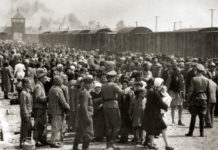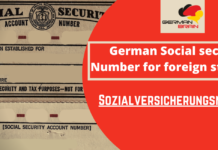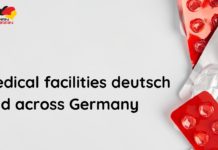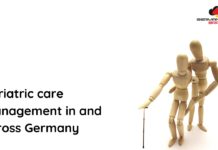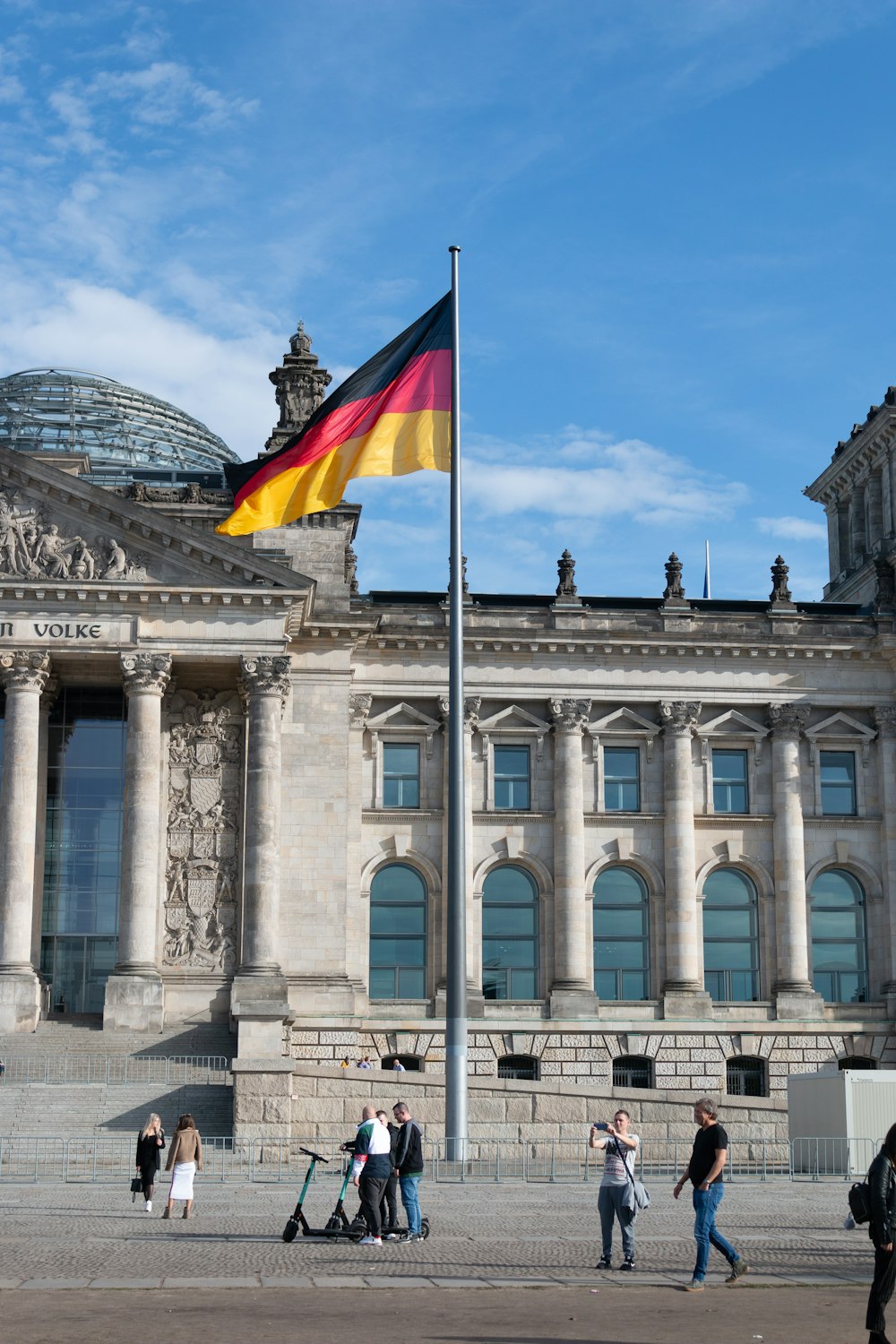
Germany is a democratic government, thanks to its multiparty form of democracy that rightfully came into conception in early 1949. Like many developed states in the world, Germany has two main dominating political parties, which include the Christian Democratic Union (CDU) and the Social Democratic Party of Germany (SPD). German is headed by a ceremonious democratically elected president, amongst the citizens eligible for voting in Bundestag elections (The General Elections), which is held every five years. Moreover, an elected president can only rule the country for a maximum of two five-year terms, after which the Constitution dictates that fresh elections must be held to elect another president. However, it is not a must for a president to govern for two terms; instead, that is the limit.
Like many European systems of government, the German government structure of power consists of three arms of the government, with the federal states serving as an extension and devolution of central state powers. Here are the arms of the government:
- Legislature
The legislative arm of Germany is more of a bicameral system of parliament. There are two houses, which include the Federal Council (Bundesrat) and the Federal Diet (Bundestag). The Federal council comprises of 69 seats, among which sixteen are held by members appointed from respective federal states. On the other house, Federal Diet, there are a total of 709 seats, which can increase or decrease depending on the outcome of elections. In either house, the government depends on electoral methods to determine the responsibility of the house committees and other government-related boards. The primary function of the Legislature is to formulate and adopt legislation, elect the Federal Chancellor, and to form different house committees that oversee the government’s ministerial duties and obligations.
- Executive
It would be correct to say that the Federal Chancellor, who is elected by the Legislature, is the most powerful official in the Executive, which holds the strongest central government powers in the country. The Executive also comprises of Federal ministers who are Federal Chancellor’s appointees to help the highest office of the land to discharge its executive mandate to the people of Germany. Inside the Executive arm of the government, we also have a democratically elected president who we said serves for a maximum of two five-year terms. However, you must also note that the president is more of a dignified symbol of state as he doesn’t have compelling government obligations compared to what the Federal Chancellor does.
- Judiciary
Just like in any democratic jurisdiction, the Judiciary arm of the government is the only independent functional government body whose primary duty is to interpret and uphold the rule of law. It would be best if we said that the Judiciary is the custodian of the German Constitution and doesn’t take orders from either the Legislature or the government. However, you must note that Federal court judges or rather appellate judges are direct appointees of the highest office in the Executive. The legal hierarchy in the Judiciary arm comprises of Federal Court of Justice (Bundesgerichtshof), Federal Administrative Court (Bundesverwaltungsgericht), Federal Labor Court (Bundesarbeitsgericht), Federal Social Court (Bundessozialgericht) and the Federal Tax Court (Bundesfinanzhof).
- Federal governments
Finally, German is a Federal Republic in the long run, and therefore Federal state governments can be considered as an extension of the central government in every state. There are a total of sixteen federal states in Germany with their own governments and state laws but still answerable to the central Federal government.



